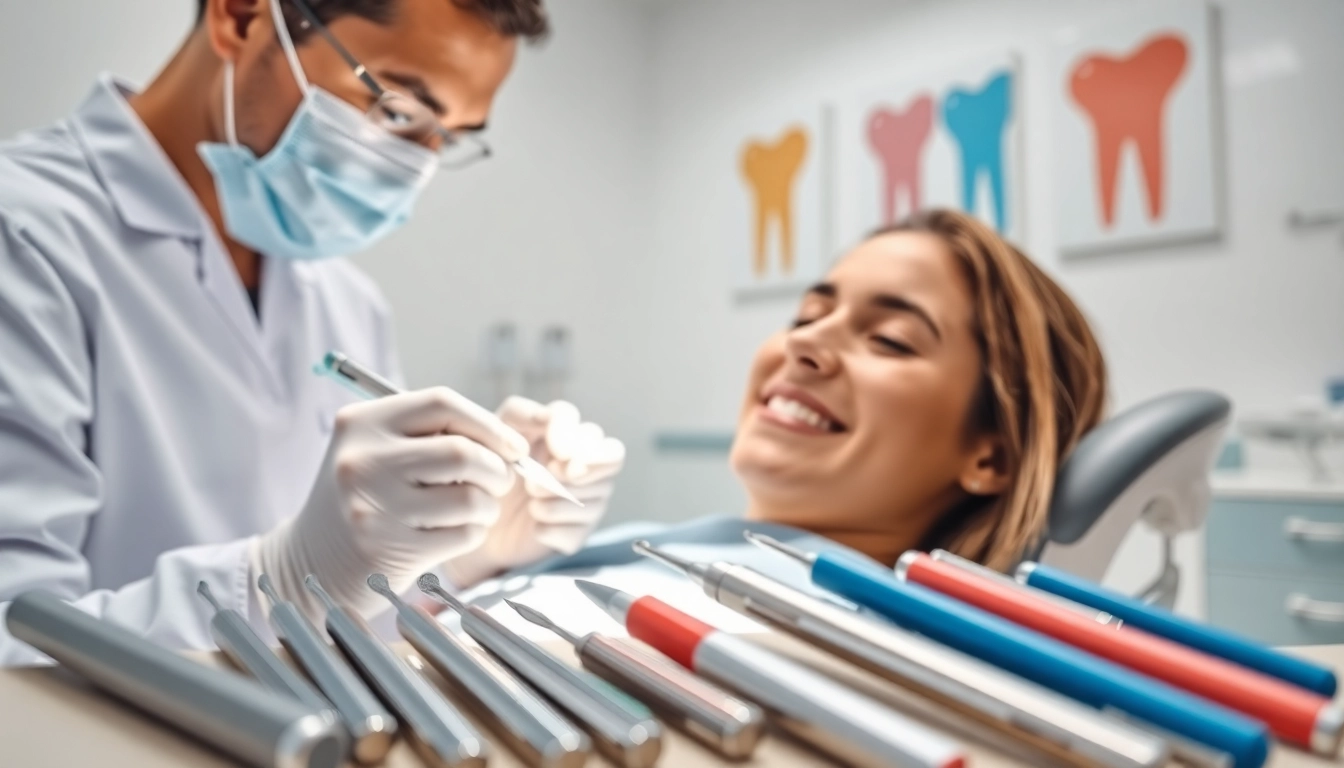The Importance of Regular Checkups
Regular checkups are critical for maintaining optimal health, as they play a vital role in prevention and early diagnosis of potential health issues. Whether it’s scheduled visits to your physician or your dentist, these routine examinations help keep you informed about your health status. In this article, we’ll explore the significance of regular dental checkups and how they contribute to overall wellbeing. Utilizing checkups as a preventive measure can lead to healthier lives and reduced complications, especially related to oral health.
Understanding Dental Checkups
Dental checkups are appointments set with a dentist to monitor the health of your teeth and gums, typically carried out every six months. These checkups involve a comprehensive examination, where the dentist assesses not only the condition of the teeth but also evaluates your overall oral hygiene practices. The laxity in oral health care can lead to various dental issues, such as cavities, gum disease, and even tooth loss.
Benefits of Routine Dental Visits
The advantages of routine dental visits extend far beyond the examination of teeth. Consider the following benefits:
- Early Detection of Oral Problems: Regular checkups allow dentists to identify issues early before they escalate into serious problems.
- Preventive Care: Dentists can provide preventive care that includes cleanings and fluoride treatments to bolster your oral health.
- Education on Best Practices: Each visit presents an opportunity to learn about effective oral hygiene practices tailored to your needs.
- Boosting Overall Health: Poor oral health has been linked to systemic conditions like heart disease and diabetes, making regular checkups crucial.
- Enhanced Aesthetic Outcomes: For patients seeking a perfect smile, routine visits help achieve and maintain aesthetic improvements.
Frequency of Checkups
The American Dental Association (ADA) recommends that most people visit the dentist for routine checkups every six months. However, the ideal frequency can differ based on individual dental needs. Some patients, such as those with a history of dental issues or conditions that compromise the immune system, may need to make more frequent visits. Consulting with your dentist will help determine a personalized schedule that best meets your oral health needs.
What to Expect During a Dental Checkup
Understanding the process of a dental checkup can alleviate apprehension and prepare you for what lies ahead. Here’s a detailed overview of what to expect during your visit.
Initial Consultation and History
Upon arrival, you will be typically required to fill out a medical history form, outlining previous health issues, existing medications, and any dental treatments you have undergone. This information is crucial for your dentist to customize your care effectively. Depending on the answers provided, they might ask additional questions to better understand your dental health background.
Performing the Examination
During the examination, the dentist will evaluate your teeth and gums for any signs of decay, gum disease, or other conditions. They may use various tools, including mirrors, scalers, and X-rays, to conduct a thorough assessment. Routine cleaning often accompanies the examination, involving the removal of plaque and tartar buildup to maintain gum health.
Recommended Treatments and Follow-ups
Following the examination, the dentist will discuss their findings and present you with recommendations for treatment. This might involve further dental work, scheduled follow-ups, or modifications to your oral care routine. For some patients, procedures like sealants, root canals, or restorative work may be necessary to address existing issues.
Common Issues Identified at Checkups
During a dental checkup, there are several common issues that may be identified.
Tooth Decay Detection
Tooth decay is one of the most prevalent dental problems. A dentist can detect cavities early, often before they result in significant pain or require extensive treatment. Regular checkups facilitate the timely intervention that can prevent decay from worsening.
Gum Disease Assessment
Gum disease, or periodontal disease, begins with gingivitis and can progress to more severe issues if left untreated. During checkups, dentists assess gum health, checking for signs of inflammation, bleeding, or other indicators that treatment may be needed.
Oral Cancer Screenings
Oral cancer screenings are essential parts of regular dental visits. Dentists are trained to detect early signs of oral cancer, which can lead to successful treatment if identified promptly. This routine screening measures are vital for enhancing patient survival rates.
Preparing for Your Checkup
Preparation fosters a smooth dental visit. Here are some tips to ensure you make the most of your appointment:
Pre-visit Considerations
Before your visit, consider the following:
- Update your Medical History: If there have been any changes to your health or medications since your last visit, be sure to inform your dentist.
- List Questions or Concerns: Write down any specific concerns to address during your appointment.
- Check Insurance Coverage: Be aware of what your insurance covers to avoid unexpected costs.
Questions to Ask Your Dentist
Prepare questions to maximize your checkup experience. Good examples include:
- What can I do to improve my oral hygiene?
- Are there any specific treatments I should consider?
- How often should I schedule my next appointments?
Post-visit Care Recommendations
Post-checkup, follow any recommendations provided by your dentist to maintain your oral health. This may include specific brushing techniques, dietary changes, or additional treatments.
Choosing the Right Dental Care Provider
Selecting a qualified and caring dental provider is essential for continuous oral health. Here are important considerations to keep in mind:
Credentials and Experience
Ensure that your dental care provider holds the necessary qualifications and certifications. Look for specialists who have undergone extensive training and continuously update their skills with current dental practices.
Patient Reviews and Feedback
Research patient reviews to gain insights into their experiences with the provider. Online platforms, as well as word of mouth, can offer valuable perspectives regarding care quality and service.
Location and Accessibility
Consider the location of your dental provider. Accessibility can be an essential factor in ensuring consistent attendance. A conveniently located clinic is more likely to motivate you to maintain regular checkups.
In conclusion, prioritizing regular dental checkups is one of the most effective strategies to safeguard your oral health. Understanding what to expect during these visits, recognizing their benefits, and actively preparing for them reinforces their significance. Not only do checkups catch issues before they escalate, but they also promote a more informed, proactive approach to your overall health. Make checkups a routine part of your healthcare to ensure your smile lasts a lifetime!















Leave a Reply